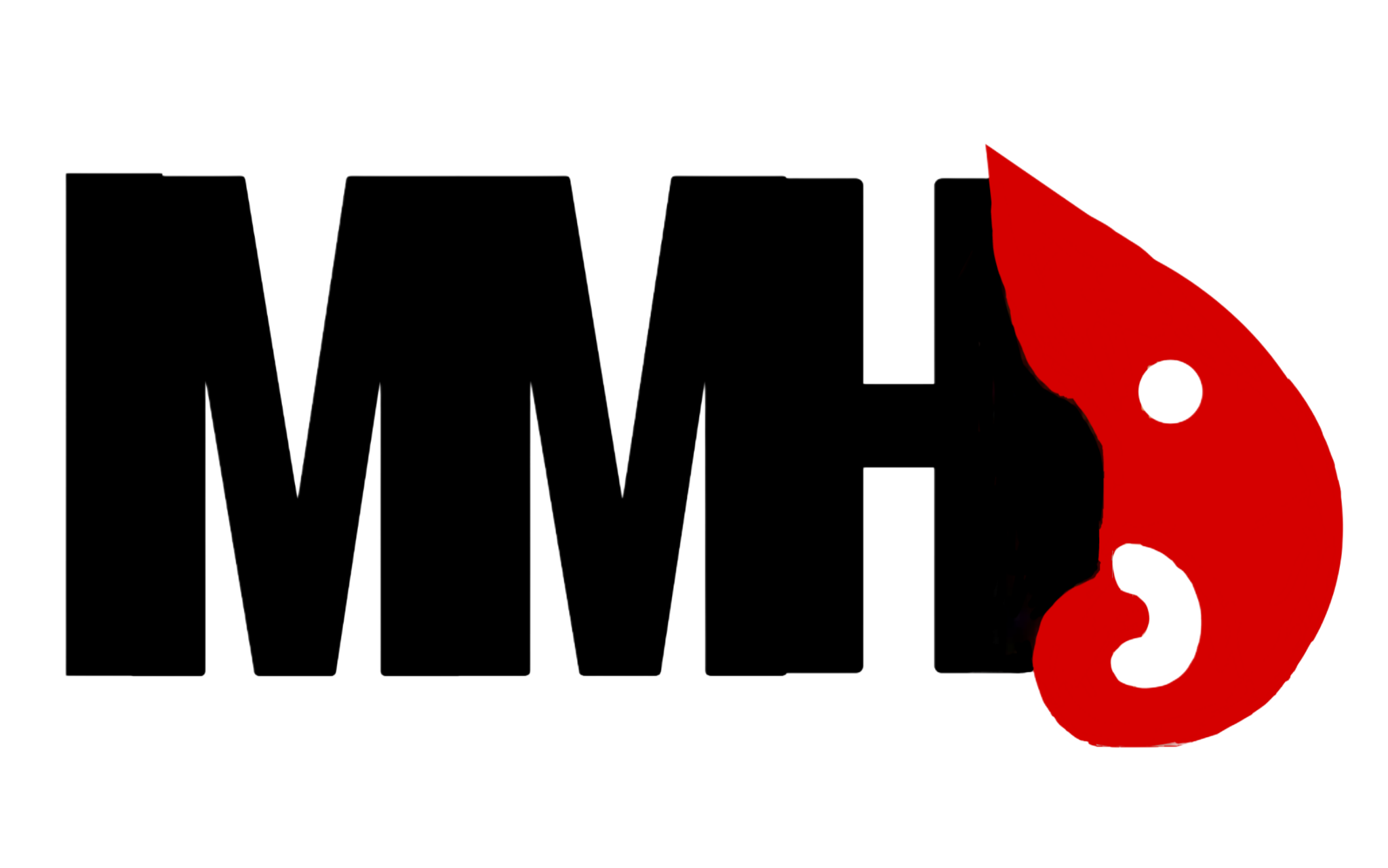
Our In-House Pharmacy ensures 24/7 availability of essential medicines, surgical supplies, and specialized drugs, providing safe, authentic, and quick access to all prescribed medications.
- Authentic & Government-Approved Medicines – Guaranteed quality and safety.
- Specialized Medications – Availability of oncology, nephrology, cardiology, and rare disease medicines.
- Surgical & Medical Supplies – Stock of bandages, syringes, IV fluids, and medical devices.
- Cold Chain Storage – Proper storage for vaccines, insulin, and temperature-sensitive drugs.
- Home Delivery – Convenient medicine delivery service for patients.
- Pharmacist Consultation – Expert guidance on medication use, dosages, and side effects.
Reliable, accessible, and safe pharmacy services for all your medical need.
Authentic & Government-Approved Medicines
Guaranteed quality and safety.
Introduction to Authentic & Government-Approved Medicines
Authentic and government-approved medicines are those that meet strict safety, efficacy, and quality standards set by regulatory bodies such as the Food and Drug Administration (FDA) or the Central Drugs Standard Control Organization (CDSCO). These medicines ensure that patients receive effective treatments without risking their health through counterfeit or substandard drugs.
Quality Assurance and Safety
Government-approved medicines undergo rigorous testing for purity, potency, and safety. These tests ensure that each medication is safe for use, free from harmful substances, and effective in treating the intended condition. Regulatory agencies monitor the manufacturing processes to ensure consistent quality and adherence to established standards.

Benefits of Authentic Medicines
Using authentic and government-approved medications minimizes the risk of side effects, drug resistance, and treatment failure. Patients can trust that their prescribed medication has been tested for quality and will provide the intended therapeutic benefits. This helps ensure better health outcomes and overall well-being.
Ensuring Access and Compliance
Government-approved medicines are widely available through authorized pharmacies, ensuring easy access for patients. These medications are prescribed based on evidence-based guidelines and are supported by clinical trials, making them a reliable choice for managing various health conditions. Patients are encouraged to consult healthcare professionals to receive the correct prescriptions and guidance on proper medication use.

Specialized Medications
Availability of oncology, nephrology, cardiology, and rare disease medicines.
Introduction to Specialized Medications
Specialized medications are essential for the treatment of complex and chronic conditions that require targeted therapies. These include drugs for oncology (cancer treatment), nephrology (kidney diseases), cardiology (heart diseases), and rare diseases. Availability of such medications is crucial for managing these conditions effectively and improving patient outcomes.
Oncology Medications
Oncology medications include chemotherapy, immunotherapy, targeted therapies, and hormone therapies, all designed to treat various types of cancer. These specialized drugs target cancer cells directly, minimizing damage to healthy cells and improving survival rates. They are often personalized based on the patient’s cancer type and genetic profile, ensuring the most effective treatment plan.

Nephrology Medications
For kidney diseases, specialized medications help manage conditions like chronic kidney disease (CKD), dialysis, and kidney transplant rejection. These medications include immunosuppressants, erythropoiesis-stimulating agents, and drugs to control hypertension or diabetes, which are common causes of kidney dysfunction. Timely administration of these drugs can slow disease progression and improve quality of life.
Cardiology Medications
In cardiology, specialized medications are used to treat heart failure, arrhythmias, hypertension, and coronary artery disease. These include beta-blockers, ACE inhibitors, anticoagulants, and statins. Such medications play a critical role in managing heart function, preventing strokes, and controlling blood pressure, ensuring better heart health over the long term.

Surgical & Medical Supplies
Stock of bandages, syringes, IV fluids, and medical devices
Introduction to Surgical & Medical Supplies
Surgical and medical supplies are essential components of healthcare, ensuring that medical procedures and patient care are carried out safely and effectively. These supplies range from basic items like bandages and syringes to more specialized equipment like medical devices and IV fluids. Proper stock and access to these supplies are critical for maintaining quality care in hospitals, clinics, and healthcare settings.
Basic Medical Supplies
Basic supplies such as bandages, syringes, gauze, and dressings are fundamental to everyday patient care. These items are used for wound care, injections, blood draws, and general hygiene. They help prevent infections, control bleeding, and promote healing. Their availability ensures that healthcare providers can manage minor and emergency situations efficiently.

Intravenous (IV) Fluids and Infusions
IV fluids are crucial for hydrating patients, administering medications, and restoring electrolytes. They are used in a variety of treatments, including rehydration, surgery, and intensive care. Different types of IV fluids, such as saline, glucose, and electrolyte solutions, are stocked to meet patient needs and maintain balance during recovery or treatment.
Medical Devices and Instruments
Medical devices like thermometers, blood pressure cuffs, pulse oximeters, and surgical instruments are necessary for diagnostic assessments, monitoring, and procedures. These devices assist healthcare providers in delivering precise treatments, monitoring vital signs, and performing surgical interventions safely and effectively. Regular maintenance and sterilization ensure their optimal performance.

Cold Chain Storage
Proper storage for vaccines, insulin, and temperature-sensitive drugs.
Introduction to Cold Chain Storage
Cold chain storage is a critical process for maintaining the integrity of temperature-sensitive medications, including vaccines, insulin, and biologics. These drugs require consistent, controlled temperatures throughout their storage and transportation to remain effective and safe for patient use. Any deviation from the recommended temperature range can lead to the degradation of the active ingredients, rendering the medication ineffective or harmful.
Vaccines and Temperature Sensitivity
Vaccines are highly sensitive to temperature fluctuations. Many vaccines must be stored at temperatures between 2°C and 8°C to maintain their potency. Cold chain storage systems, including refrigerators and freezers, are used to store vaccines in medical facilities, pharmacies, and during transportation. Proper monitoring systems ensure that vaccines are kept at the correct temperature, reducing the risk of spoilage and ensuring their efficacy in preventing diseases.

Insulin and Diabetes Management
Insulin is another medication that requires strict temperature control. Insulin must be stored between 2°C and 8°C, and exposure to heat or freezing temperatures can reduce its effectiveness. Cold chain storage helps ensure that insulin remains potent and safe for diabetic patients. Insulin is typically stored in refrigerators in pharmacies and clinics and must be protected during transportation to prevent temperature variations that could compromise its quality.
Temperature-Sensitive Drugs and Biologics
Many other drugs, such as biologics, monoclonal antibodies, and gene therapies, require cold chain storage to preserve their complex molecular structures. These drugs often come with strict storage guidelines, including specific temperature ranges for each stage of the supply chain. Cold chain management, with features like temperature-controlled packaging and real-time monitoring, helps ensure that these medications reach patients in optimal condition, supporting the effectiveness of treatments and reducing health risks.

Home Delivery
Convenient medicine delivery service for patients.
Introduction to Home Delivery Services for Medications
Home delivery of medications offers a convenient and efficient way for patients to receive their prescribed medicines without having to visit a pharmacy. This service is especially beneficial for individuals with chronic conditions, mobility challenges, or busy schedules. By providing door-to-door delivery, healthcare providers and pharmacies help ensure that patients have consistent access to the treatments they need.
Benefits of Home Medicine Delivery
Home delivery services improve medication adherence by ensuring that patients never miss a dose due to accessibility issues. For patients with chronic illnesses or ongoing treatments, timely delivery of medications is essential for effective management. The service also reduces the time and effort spent traveling to and from pharmacies, allowing patients to focus on their health and well-being.

Safety and Convenience
Home delivery services are designed to prioritize patient safety and convenience. Many services offer the ability to order prescriptions online or via mobile apps, providing real-time tracking and secure packaging. This ensures that medications are delivered safely, in the right quantity, and on time. Additionally, some services offer specialized options for temperature-sensitive medications or controlled substances, ensuring proper handling and storage.
Support for Elderly and Vulnerable Patients
For elderly individuals or those with health conditions that limit their mobility, home delivery is a crucial service. It reduces the need for travel and allows patients to receive their medications without leaving home. This service also provides peace of mind, knowing that their treatments will arrive regularly and on schedule, supporting both short-term needs and long-term health management.

Pharmacist Consultation
Expert guidance on medication use, dosages, and side effects.
Introduction to Pharmacist Consultation
Pharmacist consultations offer patients expert guidance on the proper use of medications, ensuring that they understand how to take their prescriptions safely and effectively. Pharmacists are trained healthcare professionals who can provide valuable information about dosages, potential side effects, interactions with other medications, and the proper storage of drugs. This service is an essential part of patient care, as it helps prevent medication errors and enhances treatment outcomes.
Medication Use and Dosage Guidance
One of the primary roles of a pharmacist during a consultation is to ensure that patients understand how to use their medications correctly. Pharmacists explain the right dosage, timing, and method of administration for each medication, whether it's taken orally, via injection, or applied topically. They also clarify whether medications should be taken with food, at specific times of the day, or in combination with other treatments.

Managing Side Effects and Drug Interactions
Pharmacists are well-equipped to identify and explain possible side effects of medications, providing guidance on how to manage them or when to seek further medical attention. They also assess potential drug interactions, helping patients avoid harmful combinations of prescriptions or over-the-counter drugs. Through consultations, pharmacists can address concerns and ensure that the patient’s treatment plan is safe and effective.
Supporting Chronic Condition Management
Pharmacist consultations are particularly helpful for patients managing chronic conditions such as diabetes, hypertension, or asthma, where long-term medication adherence is essential. Pharmacists can provide advice on managing symptoms, adjusting dosages, and optimizing the effectiveness of treatments. They also offer support in managing refills, monitoring progress, and collaborating with doctors to ensure the best possible care.




